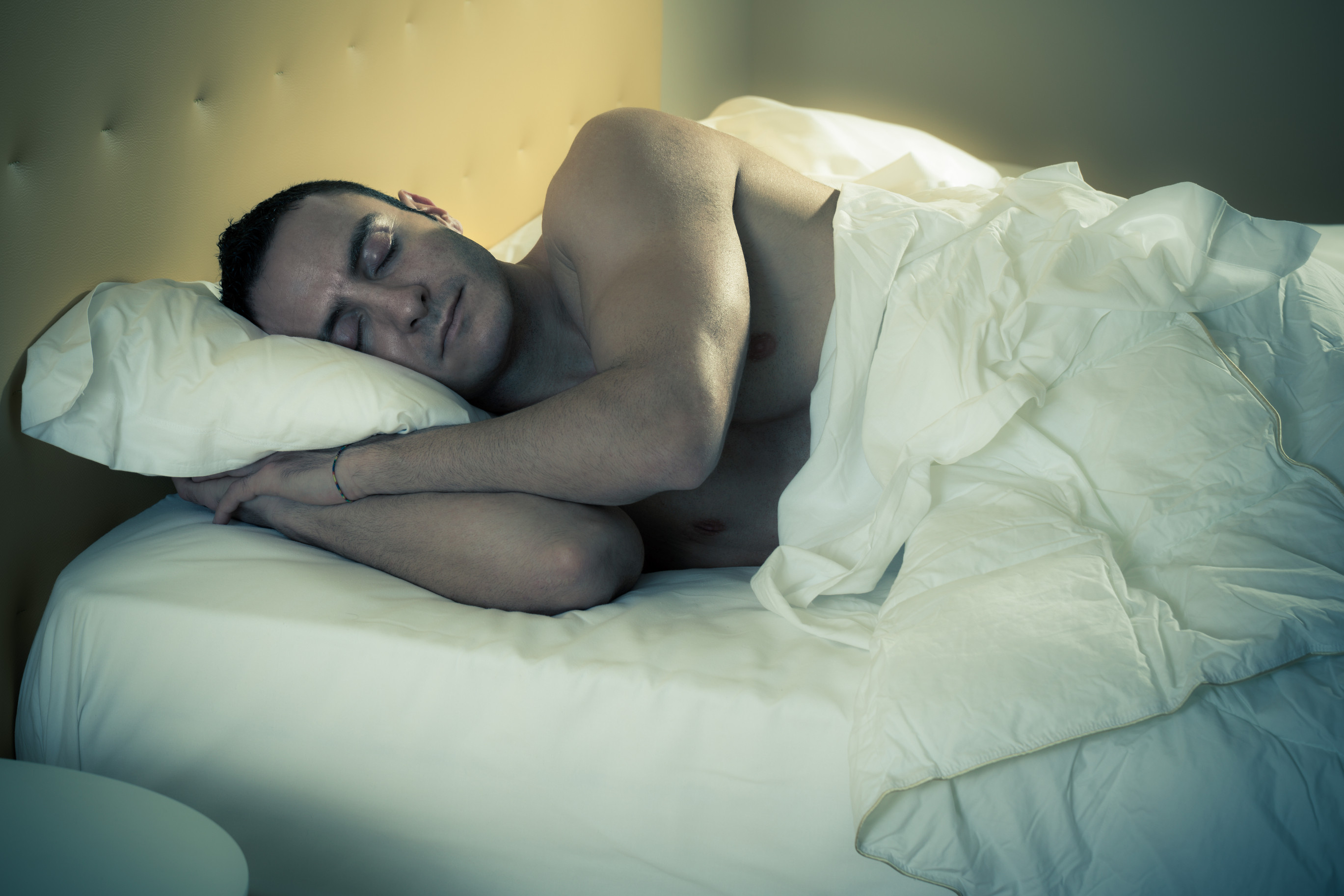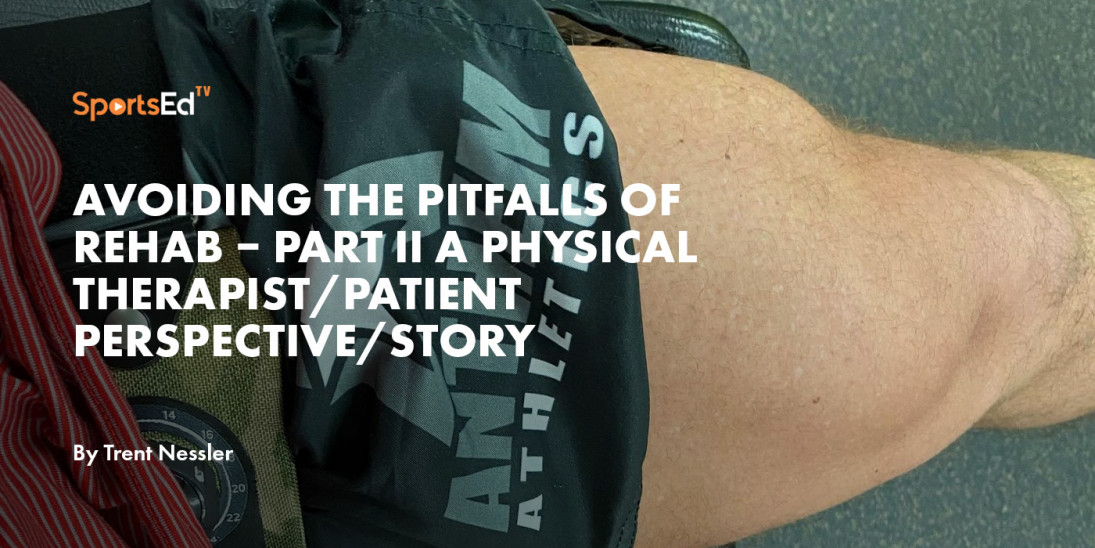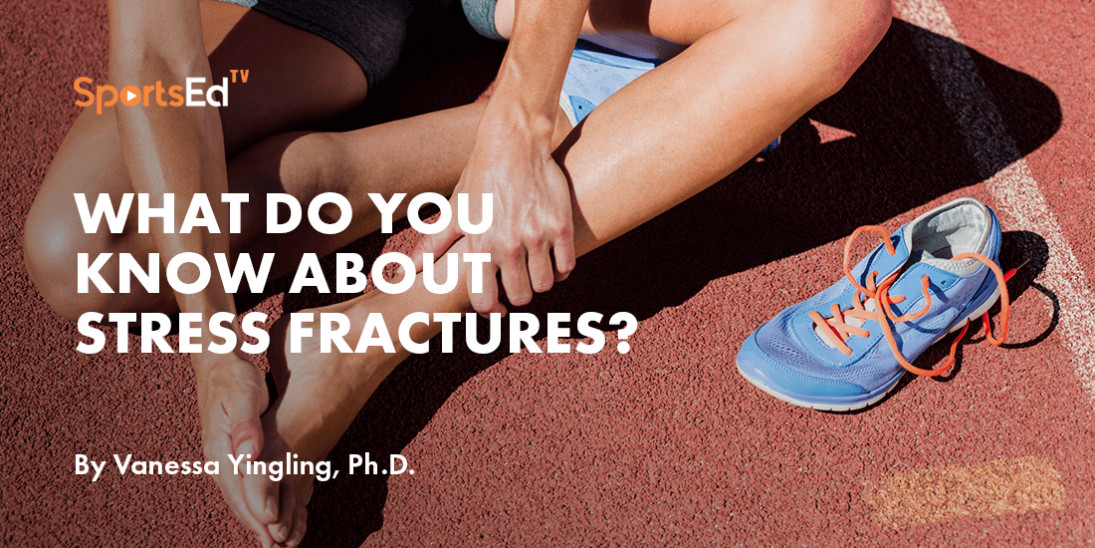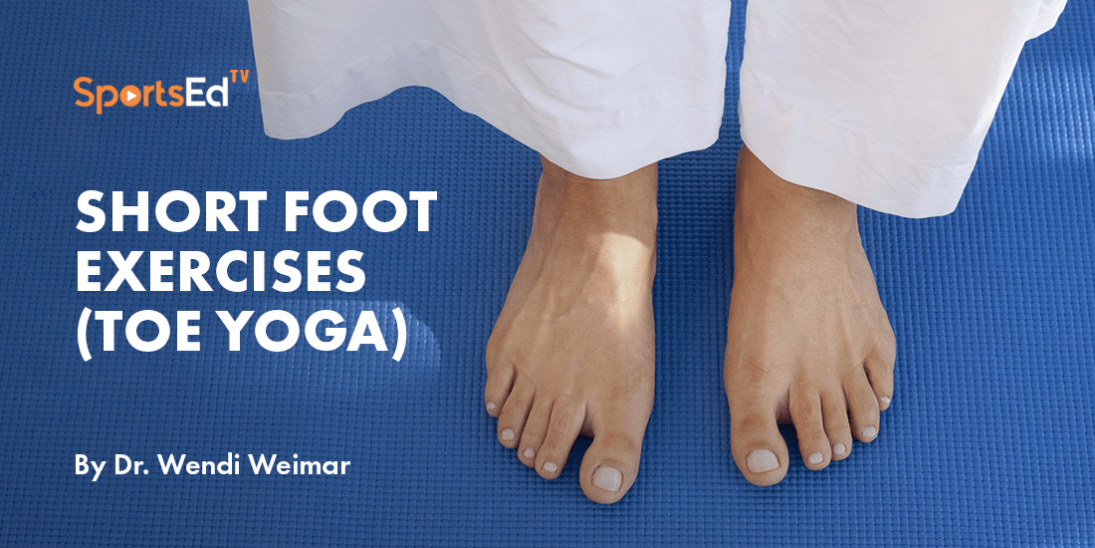Nutrition, Health
Welcome and thanks for visiting...

Do Blue Light Filters / Glasses Actually Work?
In previous newsletters, we’ve discussed the dangers of exposing your eyes to light before bed. Due to our circadian rhythm (our internal biological clock), we naturally feel sleepy at night as the pineal gland releases melatonin, the sleepy hormone. When we expose our eyes to light, a signal is sent from our retina to our brain telling it to stop producing melatonin. Basically, we’re telling our body that it’s daytime instead of nighttime. This can cause an increase in sleep latency (the time it takes to fall asleep), sleep inertia (drowsiness when you wake up), and an overall reduction in sleep quality. This is why it's incredibly important to dim lights at night and keep your bedroom as dark as possible.
Exposing your eyes to light from screens, such as TV, phones, and tablets, is even worse. This is because the blue wavelengths affect melatonin even more than other light. So while blue light is effective at keeping us awake and alert during the day, it should be avoided before bed.
One of the questions we get asked a lot is ‘What about blue light filters?’ Blue light filters are a built in feature of smartphones that allow you to create a digital sunset (Night Light on Androids and Night Shift on iPhones). There are also apps such as f.lux that you can download onto your computer or other devices. These apps cause the blue wavelengths on your screen to gradually reduce as you get closer to bedtime, giving it more of a yellowish hue. You can also try True Dark glasses if you want to go a step further.
However, do these blue light filters actually work? And does this mean you have free rein to stare at your screen while lying in bed until the moment you close your eyes?
Not exactly.
While blue light filters first seemed like a great solution to the blue light emitted from screens, there is actually conflicting research as to how effective they are. A 2017 systematic review looking at the effects of blue-light blocking spectacles revealed that the use of blue light blockers to improve sleep-wake cycle is inconclusive. What’s more, this might cause people to think that they don't have to worry about staring at their screen at night. A 2020 study on the association between screen exposure and sleep quality found that participants who used blue light filters looked at screens more during the day than those who didn’t use blue light filters. The results were insignificant, but suggest that people who use blue filters might give themselves a “free pass" to stare at screens more.
So what does this mean?
It’s unclear how effective blue light filters are. However, we DO know that putting away your electronic devices (ideally 60 minutes) before bed, will positively affect your sleep quality. Getting into a consistent sleep routine is much more important than the night shift feature on your phone and other electronic devices.
If you’ve participated in any of our courses or have been reading our Newsletters for a while, you’ll be familiar with this concept. We call it Defending your Last Hour. But just as a recap, here is what we suggest:
1. Set a bedtime alarm. A bedtime alarm is exactly how it sounds. Instead of an alarm that goes off when it’s time to wake up, a bedtime alarm goes off when it’s time to start winding your body down for sleep! We suggest having a nighttime alarm go off at the same time every night (consistency is key!), approximately an hour before you'd like to be asleep. So for example, if you’d like to be asleep by 11:00 p.m., your bedtime alarm should be set for 10:00 p.m. every night.
2. Craft your sleep routine. Once your bedtime alarm goes off, it’s time to start winding your body and brain down. Everyone is different, so it might take you some time to figure out what works best for you. But the important part is that you do activities that will wind you down, not ramp you up. Here are some ideas:
- Do a light stretching or yoga practice. Light static stretching activates the parasympathetic nervous system, our “rest and digest” system, which helps to calm the body down for sleep. This isn’t the time for a spin class or high intensity circuit workout which will boost your energy and increase your body temperature for a couple of hours. If you missed it, check out our blog all about the benefits of stretching!
- Do a short meditation practice. Meditation helps to decrease stress and the deep breathing can also activate the parasympathetic nervous system, promoting a deep and restful sleep. Most meditation apps have guided meditations and bedtime stories to help you fall asleep. There are countless apps to try - including Calm, Headspace, Insight Timer, and Smiling Mind.
- Take a warm bath or shower. At night, increased melatonin levels cause a natural cooling of your body temperature by 0.3-0.4 degrees Celsius, which helps you fall and stay asleep. This is why we suggest keeping your room temperature at around 19 degrees Celsius to promote a nice, deep sleep! Taking a warm bath might then seem counterintuitive, however it actually helps to drop your core temperature by increasing blood flow to the skin of the hands and feet, where it can be easily dissipated. If you’re going to do this, give yourself an hour between your bath and bedtime to give your body time to cool off.
- Read. Reading is a great way to calm down your mind before bed, however there are two caveats: what and how. Pay attention to what you read - this isn’t the time to read the news or something work related, which can increase your stress levels. On the other hand, fiction calms the mind and activates parts of your brain that you will use to fall asleep and dream. Also pay attention to how you read - this means grabbing a hard copy book as opposed to an e-reader so you’re not exposing your eyes to a screen!
- Your choice! Everyone is different so you’ll have to play around with what works for you. You can even do some prep for the next day provided that it’s a low-stress activity, such as preparing your breakfast or snacks, or setting out your clothes for the morning. The important thing is that you respect your bedtime alarm and put away your devices as soon as it goes off.

Sometimes looking at a screen is unavoidable - for example if you are setting your alarm or putting on a meditation practice to go to sleep. If you do have to look at a screen, do what you have to do and then immediately put it away again.
So going back to the question - Do blue light filters actually work?
Maybe. The research is inconclusive. But it’s better to not worry about it too much because it’s putting a bandaid over the bigger problem. What’s much more important is putting away your devices an hour before bed and crafting a routine you can follow every night for a deep and restful sleep.
If you're using the VIIVIO app, remember to record your sleep each night. Pay attention to your sleep scores on those nights you defended your last hour versus those nights you didn’t. You might start to see some interesting trends!





